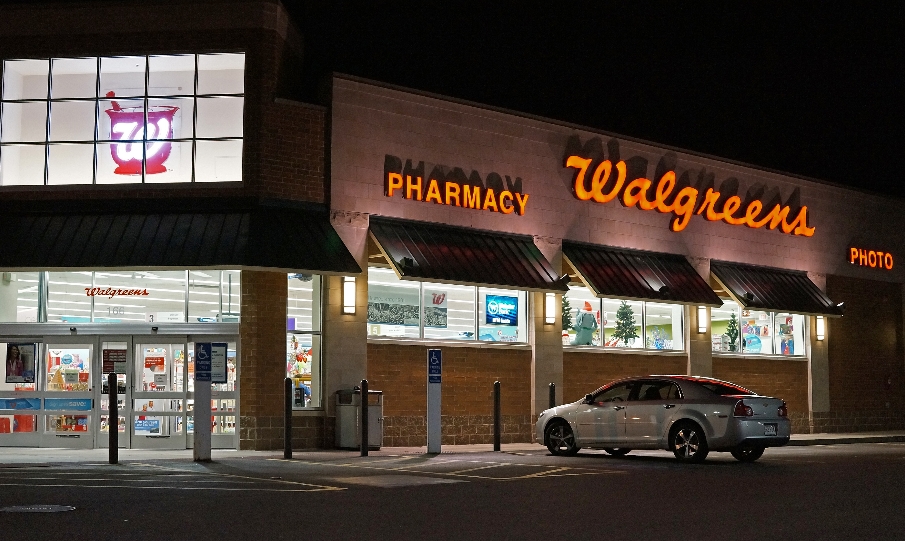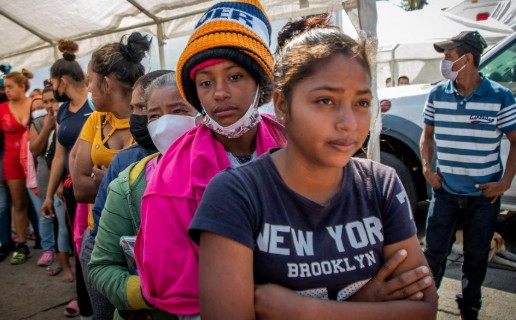 Parler
Parler Gab
Gab
- Major retailers like Kroger and Walgreens are closing stores in Milwaukee due to rampant theft and safety risks, creating food deserts in minority communities.
- Activists blame racism, but businesses cite unsustainable losses from crime as the real reason for closures.
- Residents express frustration over losing essential grocery access, while activists push boycotts and socialist solutions instead of addressing crime.
- Retail theft is surging nationwide, costing companies billions and forcing closures, with weak law enforcement exacerbating the problem.
- The left’s demands for corporate responsibility ignore the root issue: crime must be reduced for businesses to return and communities to thrive.
Crime drives closures, not racism
Milwaukee saw a slight dip in overall crime in early 2025—except for homicides, which remained high. Retail theft, however, continues to surge. Leftists blame "inflation" and "low wages," ignoring the fact that unchecked theft and violence are the real culprits. This isn’t unique to Milwaukee. Across the U.S., retailers are hemorrhaging billions due to theft. Target reported nearly $500 million in losses from "shrink" (shoplifting and inventory errors) in 2023. A California woman was convicted of stealing $60,000 in merchandise by exploiting self-checkout kiosks in just one example of the brazen theft driving stores to close or scale back operations.The socialist conundrum: You can’t steal from stores that leave
Progressive ideologues face an ironic dilemma: they demand wealth redistribution and corporate subjugation, but when businesses respond by shutting down, they’re left with nothing. No amount of protests or government strong-arming can force a company to operate at a loss. The solution is simple but politically inconvenient: reduce crime, and businesses will return. Milwaukee’s affected neighborhoods don’t lack grocery stores because of racism; they lack them because retailers can’t afford the losses from theft and violence. The left’s narrative of victimization crumbles under scrutiny. Stores close where crime thrives. Period. If activists truly cared about food access, they’d demand tougher policing and prosecution of theft instead of scapegoating corporations. Until then, the exodus will continue, and Milwaukee’s most vulnerable residents will pay the price for their leaders’ denial. Sources for this article include: ZeroHedge.com UrbanMilwaukee.com Fox6Now.com AOL.com Fox6Now.comU.K.’s Online Safety Act sparks outcry after X restricts access to protest footage
By Laura Harris // Share
British meteorology under fire: Met Office’s “junk” climate stations spark crisis of trust
By Willow Tohi // Share
40% of school violence suspects in Germany are foreign nationals, government data reveals
By Laura Harris // Share
WEF internal probe finds proof Klaus Schwab committed MISMANAGEMENT and MISCONDUCT
By Ramon Tomey // Share
Berries: A top anti-diabetes food
By newseditors // Share
BRICS; A new global order? – Battle of the giants – Letter from South Africa [07-26-25]
By newseditors // Share
The erosion of Zelensky's wartime leadership: EU aid to Ukraine cut amid corruption concerns
By bellecarter // Share
CYBERATTACK on major French naval defense company raises national security alarms
By ramontomeydw // Share











